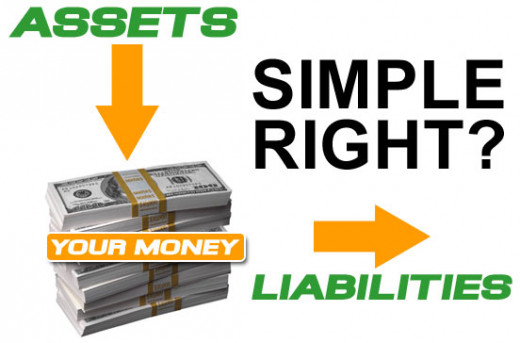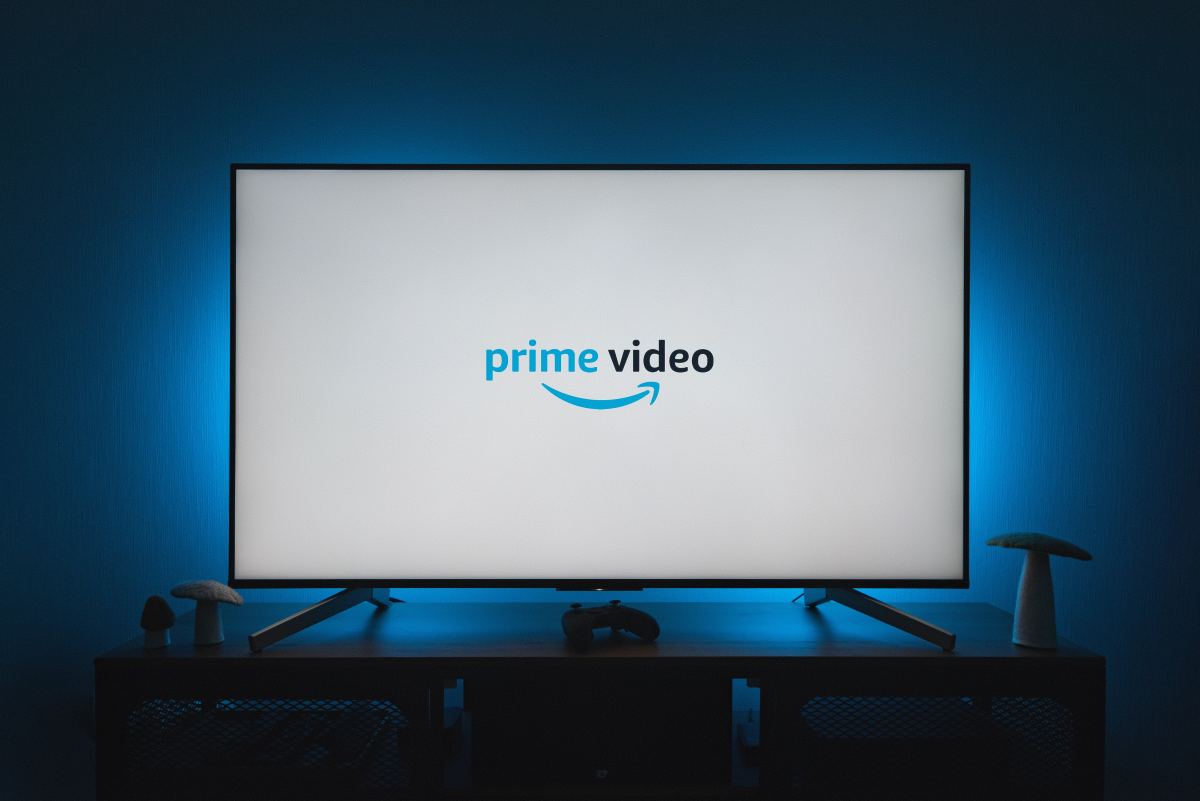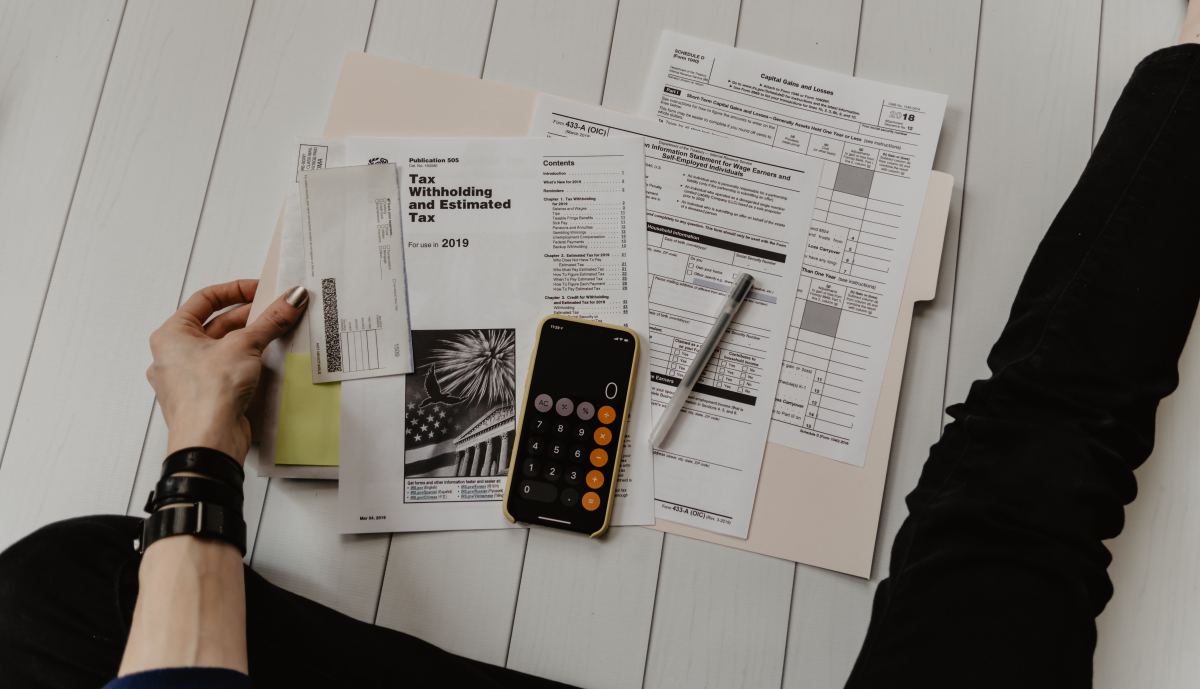Assets and Liabilities – What is the difference!!

I usually write about the “top 5s” or “The most…” articles on hubpages. This time, I plan to move out of that mold and write something different. The topic about differences between assets and liabilities is very close to my heart and has been on my mind for some time. Though I reserve finance related topics to my other blog, I thought of writing an article on hubpages.
Why this topic? All of us have a certain education background. I truly believe that financial literacy is an important part of our education which has never been included in our curriculum. Most of us did our MBAs or finance related degrees, but never truly applied some of the terminologies to our own lives. The difference between assets and liabilities is one of them. We often confuse one to be another. It is not a coincidence that most of us are either broke or struggling hard to make ends meet, while people who have understood the simple differences are making millions.
This is one reason why I thought I should be writing this article today. Let me explain with examples, what an asset or a liability means.
Assets
So, what is an asset? The definition of an asset according to investopedia.com is “A resource with economic value that an individual, corporation or country owns or controls with an expectation that it will provide future benefit”. It further explains that asset is something that is expected to generate cash flow.
Simply put, an asset is something that is expected to put money into your pocket or bank account. For example, your job is an asset because it pays you a salary. Your education is an asset, as it helps you find a good job, which in turn helps you earn money. A plot of real estate can also be considered an asset, as its value can be expected to appreciate in the future, which obviously means more money in your bank account.
Liabilities
Investopedia again defines a liability as “a company’s legal debts or obligations that arise during the course of business operations. Liabilities are settled over time through transfer of economic benefits including money, goods or services”.
Simply put, a liability is something that removes money from your pocket or bank account. For example, a bank loan is a liability since you need to keep paying EMIs. In fact, your property taxes are also a form of liability since they remove money from your bank account. The furniture you own too are liabilities.

The difference and confusion
As you have already seen, an asset is something that will put money into your pocket and a liability is something that will remove money from your pocket. Simple things are easy to identify as assets and liabilities. However, the problem arises when we often confuse an asset to be a liability and vice versa.
For example, we often confuse a car to be an asset while in reality, it is a liability. Here is the reason. First of all, consider your expenditure on your car such as fuel, road taxes, and insurance and so on. It is also important to understand that your car’s value won’t appreciate with time, but depreciates every year. That means that your car’s value goes down every year. No doubt that if you bought your car for $10,000 today, its value will be hardly $5,000 ten years later. Hence, it becomes a liability.
Another example is a house bought on loan. I have heard many times people telling that they “own” a house which they have bought on loan. Let us take a look at it. You pay an interest on your home loan and EMIs. Then you have the house tax, your utility bills and so on. The worst part: you don’t own the house really. The bank owns it. Think about it. What happens when you owe the bank money and you don’t pay up? Do you still think that the bank will allow you to stay there? So, who really owns it? So, how is it your asset? A home loan is a liability… and a huge one!!
There is one more form of confusion that may occur about an asset/liability. What if you own something that helps you earn as well as makes you spend money? Is it an asset or liability? The answer is simple. Calculate your earnings and expenditure from that. Subtract your expenditure from the income. If you have a profit, then it is an asset. If you have a loss, then it is a liability.
How to convert a potential liability to asset
Let us take the car example again. We have already seen why it is a liability. But you could still turn it into an asset. How? Simple!! Give the car on rent or run it like a taxi. You start earning money. You can apply the same principle to a piece of property you own. Rent out a portion of your house or rent out your residential plot. You start earning from it. Isn’t it simple? All liabilities may not be able to be converted to assets. But if you think about it, most things can be turned into assets. That is what most wealthy people do. They either reduce their liabilities or turn them into assets.
Now that you are aware about the differences between assets and liabilities, I hope you start recognizing them and possibly try to reduce your liabilities.



